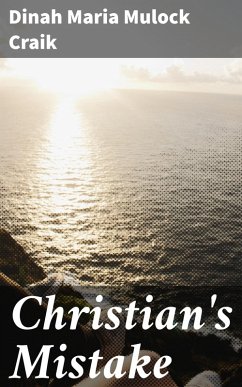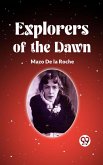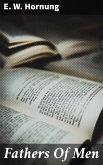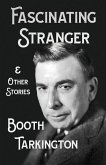In "Christian's Mistake," Dinah Maria Mulock Craik artfully weaves a narrative that explores the intricacies of human relationships, moral dilemmas, and societal expectations in Victorian England. Through the poignant story of Christian, who grapples with the perception of duty and the nuances of love, Craik combines realism with richly drawn character development and a keen sense of social critique. The novel, reflective of the era's literary style, employs both dialogue and introspective passages that thoroughly engage the reader while presenting a compelling commentary on the role of gender and social responsibility in the 19th century. As a prominent figure in Victorian literature, Dinah Maria Mulock Craik was not only a novelist but also a poet and social reformer. Her own experiences as a woman navigating the societal norms of her time undoubtedly influenced her writing. Craik's commitment to addressing issues such as women's rights and education emerges in her narratives, making her works a fusion of personal conviction and literary excellence. For readers who appreciate thought-provoking literature that interrogates the themes of love, sacrifice, and the moral compass of society, "Christian's Mistake" is an essential addition to your bookshelf. Craik's eloquent prose and insightful exploration of character motivate a deeper reflection on the choices we make and their far-reaching consequences.
Dieser Download kann aus rechtlichen Gründen nur mit Rechnungsadresse in A, B, BG, CY, CZ, D, DK, EW, E, FIN, F, GR, H, IRL, I, LT, L, LR, M, NL, PL, P, R, S, SLO, SK ausgeliefert werden.
Hinweis: Dieser Artikel kann nur an eine deutsche Lieferadresse ausgeliefert werden.









